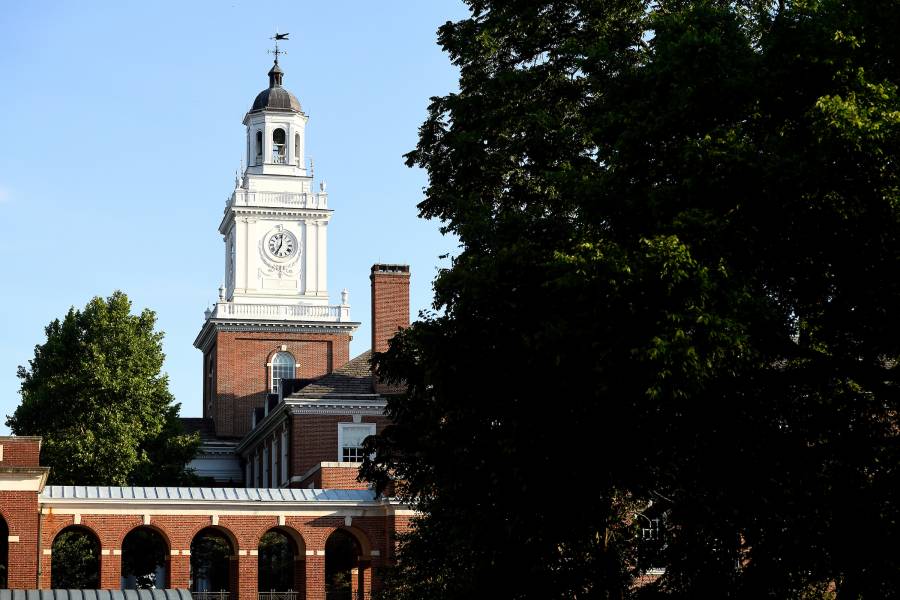Johns Hopkins University: Top 5 Holiday Travel Safety Tips for Families
With a COVID-19 vaccine authorized by the Food and Drug Administration and recommended by the Centers for Disease Control and Prevention for children ages 5 and up, families may be planning long awaited holiday travel. For people traveling with kids, it is still important to follow safety precautions to protect your family from the coronavirus as well as other viruses. Families should make plans regarding medical considerations, particularly for children with special needs. Experts at Johns Hopkins All Children’s Hospital and Johns Hopkins Children’s Center can speak about safe holiday travel for families, including these top five tips:
Continue COVID-19 Safety Measures. It is now recommended that children age 5 and older receive a COVID-19 vaccine. A child who has only had the first vaccine dose should continue to take all the regular precautions of masking and distancing until they have full protection, which happens two weeks after the second dose. Also, when indoors in public places, be sure both you and your children wear face masks and physically distance. You may have to practice with your children before traveling. Also, keep hand sanitizer and wipes readily available.
Pack lots of snacks and toys. Try to have plenty of snacks so that you don’t need to make many stops, and ensure your child eats a high fiber diet and drinks enough water. Kids who are traveling and out of their routine may be more prone to constipation or abdominal pain, so talk to your pediatrician about whether to pack a stool softener. It’s also a good idea to have small travel toys to keep your child busy or distracted. If the child has an autism-related disorder, try to keep sensory stimulation the same as usual and minimize triggers. Don’t forget the child’s special blanket, toy or activity, which will help them be comfortable.
Plan car seating. Be sure you have the proper car safety seats for your method of travel with your child and that it is the right size for your child’s weight, age and height. Also, secure the seat correctly.
Make sure vaccines and health information are up to date. Routine vaccines should be current for you and your child when traveling, and your child should have received the annual flu vaccine if the trip is in the fall or winter. It’s also a good idea, in case of emergency, to have a medical card with the child’s diagnoses, medications, allergies and immunizations. Add your children’s primary care doctors and specialists to your phone’s address book to have these numbers handy while traveling.
Research emergency medical care locations. Especially if you have a child with special medical needs, look up hospitals that care for pediatric patients and are near your destination, in case there is an emergency.
Read more tips for traveling with kids.
These Johns Hopkins experts are available for interviews:
Ebony Hunter, M.D.
Emergency Medicine Physician, Johns Hopkins All Children’s Hospital
Meghan Martin, M.D.
Emergency Medicine Physician, Johns Hopkins All Children’s Hospital
Joseph Perno, M.D.
Vice President of Medical Affairs and Emergency Medicine Physician, Johns Hopkins All Children’s Hospital
Brandon Smith, M.D.
Assistant Director and Pediatrician, Harriet Lane Clinic, Johns Hopkins Children’s Center

